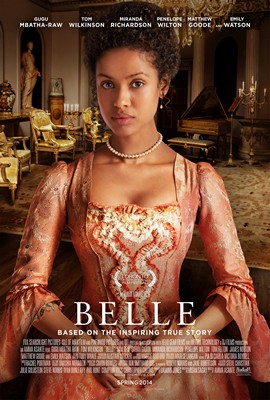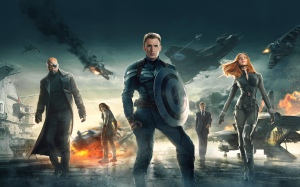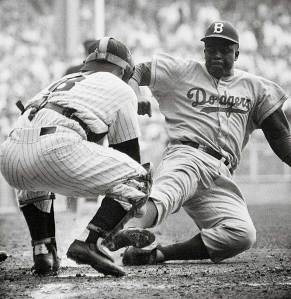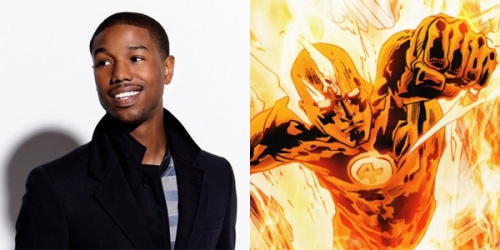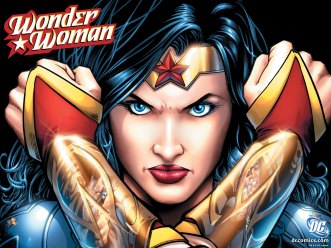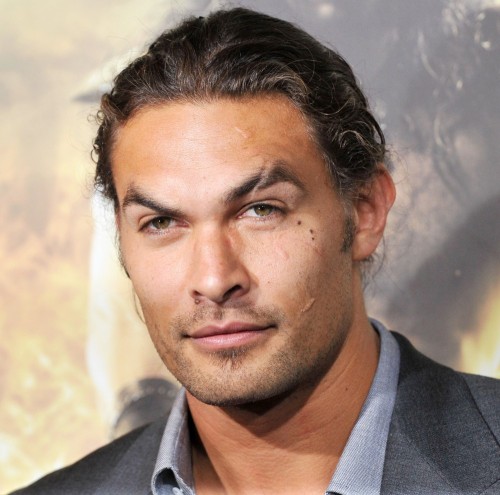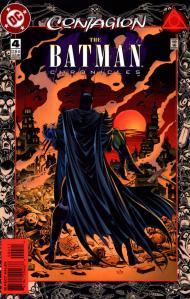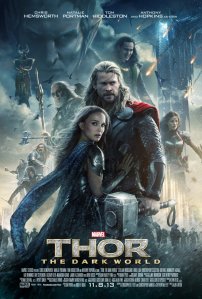Figures of Empire: On the Impossibility of Superhero Diversity
“But before I be a servant in White heaven, I will rule in a Black hell.” – Killer Mike, “God in the Building”, I Pledge Allegiance to the Grind, Vol. II
Early in Amma Asante’s socially conscious romance Belle (2013), audiences spy a British nobleman walk with purpose through a lower class section of an unnamed port city. Humid, overpopulated streets obstruct the uniformed Royal Navy Captain’s passage. The nobleman enters an attic dimly lit by a small window and sparse candles where a middle aged Black woman waits for him. Dressed in everyday homespun and a worn apron she stands alongside a quiet tan child with brilliant brown eyes. Prepared and dressed by the matronly woman, the silent girl holds a simple doll and stands impassive, unmoving, and observant; her simple hairpin struggles to contain an infinite cascade of light sienna locks. After the untimely death of her mother, the nobleman plans to whisk the little brown girl away to his family, to her birthright. To privilege. The nobleman kneels, and offers chocolate. Reluctantly, the girl accepts. The year is 1769.
“How lovely she is,” the nobleman exclaims softly. “Similar to her mother.”
